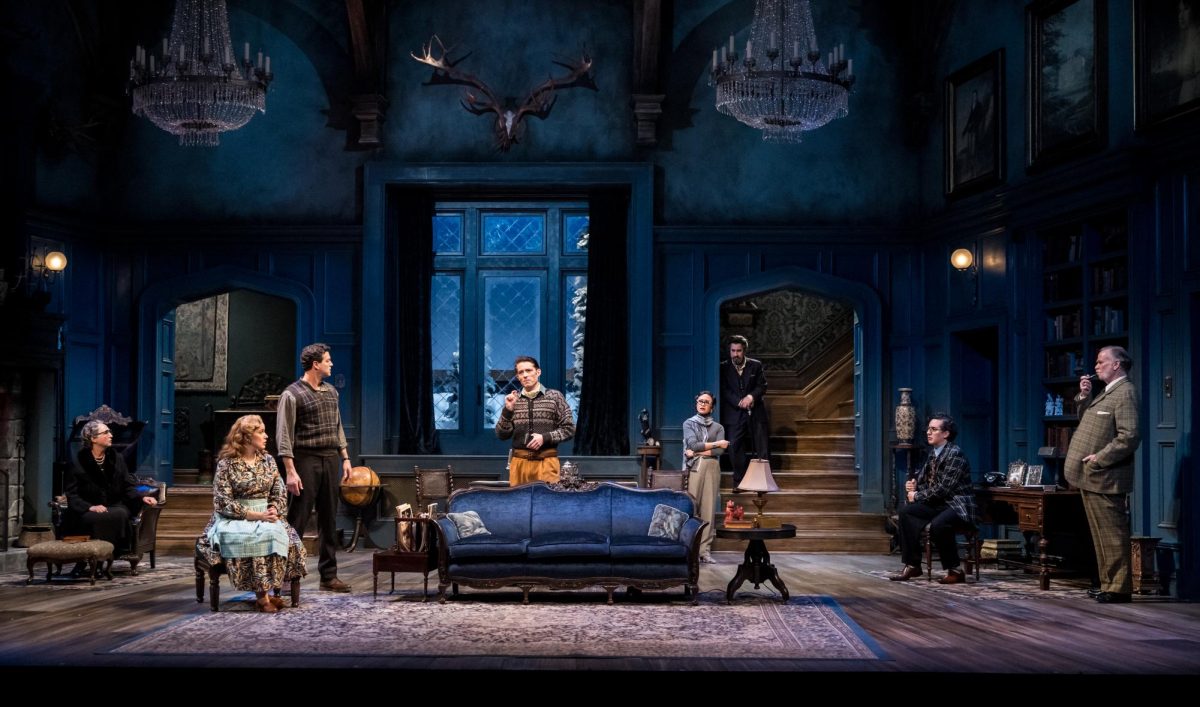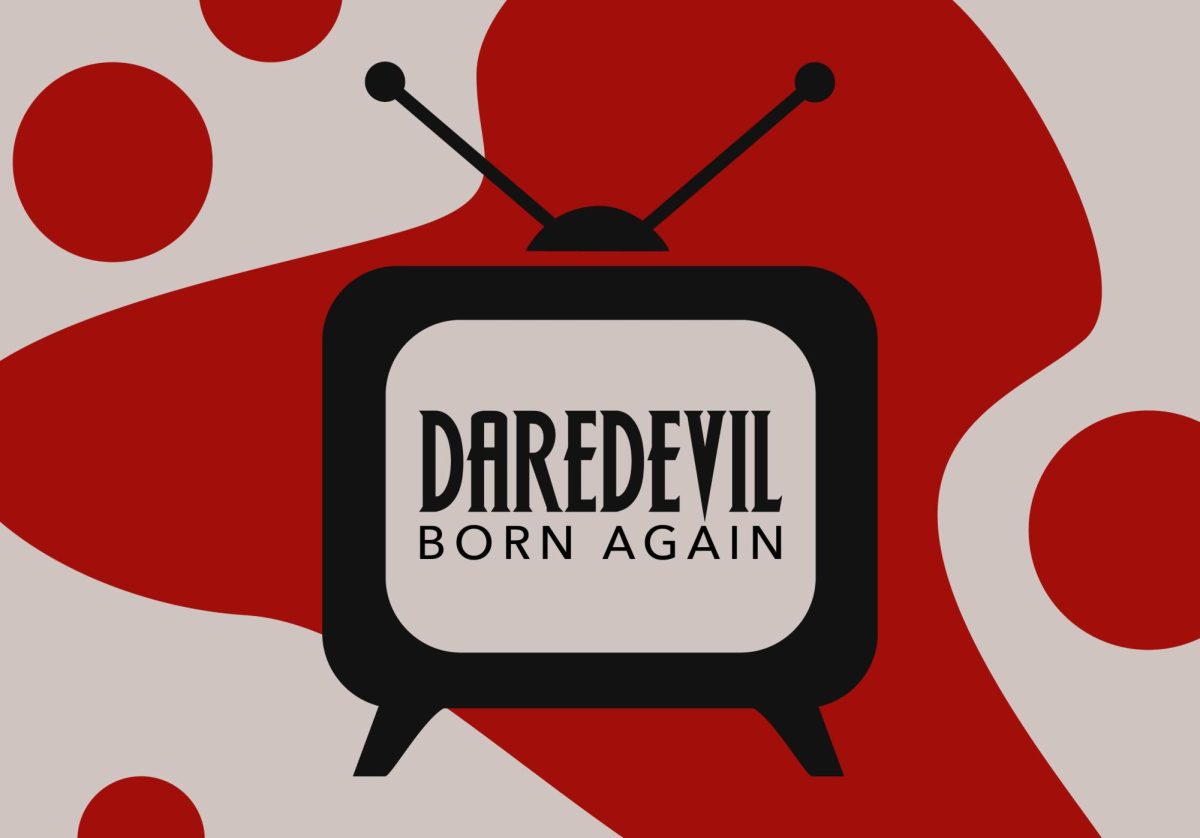.And, unfortunately, it takes an hour and a half to get to the moral.
From Danny Boyle, the director of “28 Days Later” and “Trainspotting,” the movie tells the story of two brothers who find a duffel bag full of money. Seven-year-old Damian Cunningham (Alexander Etel) is so obsessed with the saints of Catholicism that he thinks the money is from God. Nine-year-old Anthony (Lewis McGibbon) is more pragmatic and wants to either spend the cash or buy property.
The clash of their opposing philosophies provides much of the film’s conflict.
Rounding out the contenders for the windfall is a grumpy old man who wants to disrupt Damian’s charitable work. With good reason – he’s a bank robber who wants his stash of cash back.
It’s not that we shouldn’t try to do good deeds. After all, children learn that golden rule soon after they enter school. What’s disturbing is how Boyle uses religion as a vessel to guilt people into helping others. Children can learn the importance of helping others without having the heaven versus hell debate raging over their heads. “Millions” is another film that could kick-start a trend of children’s movies with religious undertones, such as “Because of Winn-Dixie.”
Instead of movie star cameos, “Millions” is full of cameos by saints. Boyle throws in St. Peter, St. Francis of Assisi, St. Nicholas and a cigarette-smoking St. Clare, who says she’s the patron saint of television. The overhanging presence of the saints pushes this movie from a cute children’s story to a religious indoctrination.
In the obligatory, moralistic happy ending, the boys learn money doesn’t always bring happiness, even when the money’s given as a gift.
It’s a good bet younger children won’t understand the film’s reasoning and adults will soon grow weary of the sweetness of the plot. Boyle sets up the story too slowly to accommodate the minds of young children, and by the time he gets around to the better stuff, most will have lost interest.
“Millions” could be a heart-warming story, if it weren’t slyly aiming to convert its audience. The film’s religious backdrop turns what could have been a delightful story into a covert Sunday school.







